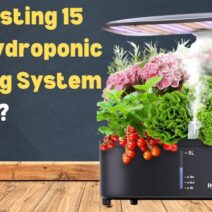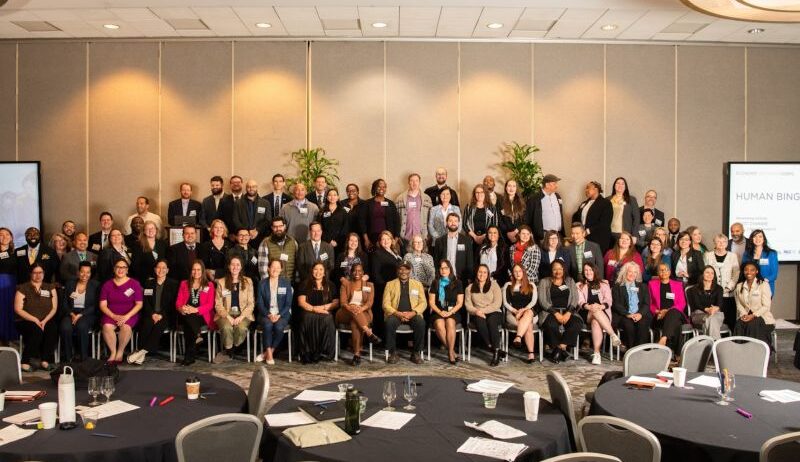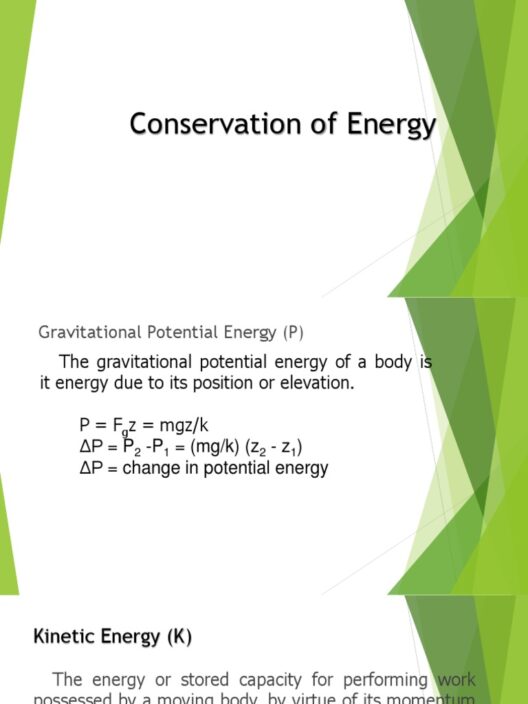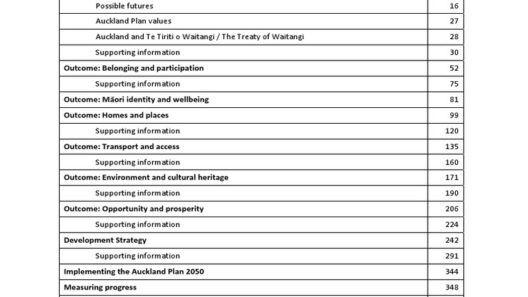In recent years, the discourse surrounding global warming has often been framed within a purely economic context, emphasizing short-term gains or losses. However, to comprehend the full spectrum of impacts precipitated by climate change, it is imperative to delve beyond the simplistic analysis of profit margins. The interaction between environmental degradation and economic stability extends deeper than mere balance sheets, binding communities, nations, and ecosystems together in a complex web of causality.
Understanding global warming through an economic lens necessitates an examination of its multifaceted ramifications. As temperatures rise, they usher in a plethora of challenges that threaten not only environmental sanctity but also the very foundation of our economic systems. Droughts, floods, and extreme weather events have emerged as harbingers of economic disarray, compelling industries to rethink their models of resilience. Agricultural sectors, which rely on stable climate patterns, face increasing unpredictability; crop yields fluctuate, impacting food security and inflating prices. This cascading effect introduces an unsettling reality: economic well-being is inextricably linked to the ecological balance.
Moreover, the fossil fuel industry exemplifies a poignant dichotomy between short-term profits and long-term sustainability. For decades, reliance on carbon-intensive energy sources has driven economic growth, creating jobs and fostering developments. Nevertheless, this trajectory comes at a substantial cost to the environment and public health. As resource depletion escalates alongside regulatory pressures, there exists an urgent need for a transition towards renewable energy. Clean energy technologies, while initially demanding investment, promise not only to alleviate environmental strain but to revitalize economies through innovation and job creation.
The concept of “green jobs” has gained traction as a beacon of hope in this transition. Investment in renewable energy sectors illuminates the pathway to economic recovery, aligning the interests of both the planet and the populace. Transitioning to green technology fosters sustainable industries, generating employment opportunities that are oftentimes more stable than those dependent on traditional methods. Countries that invest in these innovations are positioning themselves to thrive in a future that prizes sustainability and resilience over past paradigms that prioritize fossil fuel dependency.
However, this dramatic shift will not occur in isolation; it necessitates a commitment from all sectors to embrace sustainable practices. Corporations and small businesses alike must reflect upon their operational methodologies. This includes re-evaluating supply chains, which are often sources of significant emissions. By adopting principles of circular economies, organizations can minimize waste, promote resource reuse, and inadvertently enhance their economic fortitude. This diversified approach not only mitigates ecological harm but engenders a competitive advantage, as consumers increasingly gravitate towards environmentally responsible brands.
It is crucial to recognize that the impacts of global warming are not uniformly distributed. Vulnerable populations often bear the brunt of climate change’s wrath, exacerbating existing socio-economic disparities. As natural disasters wreak havoc on marginalized communities, the broader economic consequences resonate throughout society, invoking a moral imperative to rectify these inequities. Addressing climate justice not only uplifts those disproportionately affected but also cultivates economic stability. By fostering inclusivity within climate adaption strategies, societies can harness the collective ingenuity of all demographics, reinforcing resilience against environmental perturbations.
Investment in infrastructure to combat global warming also interlinks with the economic landscape. Green infrastructure, such as parks and restored wetlands, provides multifaceted benefits that include flood mitigation and improved public health. Cities that prioritize their ecological footprints become adept at confronting climate challenges while simultaneously enhancing the quality of life for their residents. Economic benefits arise from decreased healthcare costs due to reduced air and water pollution, which, in turn, bolsters local economies and community welfare. Hence, the interplay between environmental stewardship and economic prudence emerges as a principal theme in contemporary discourse.
Nonetheless, there remains an undeniable level of inertia within established economic structures, as many may cling to outdated assumptions that privilege immediate profitability over long-term sustainability. Stakeholders, from policymakers to CEOs, must recognize that climate inaction correlates with escalating costs. Resource scarcity, catastrophic weather events, and health crises are but a few of the inexorable consequences of neglecting our environmental responsibilities. In this light, fostering a culture of sustainability becomes a critical undertaking that transcends merely ethical considerations, positioning itself as a sound economic strategy.
Furthermore, international cooperation plays an instrumental role in shaping an equitable and resilient economic future amidst climate change. Global warming’s reach knows no borders, necessitating transnational collaboration to address its myriad effects effectively. The implementation of comprehensive climate policies—including carbon pricing and emissions trading schemes—permits nations to work collectively towards shared goals. This collaborative effort not only equitably distributes the burdens of climate action but also generates economic opportunities through joint investments in innovation and sustainability technologies.
In summation, the interplay between global warming and our economic future is anything but superficial. The stakes have never been higher as the global community grapples with the intricacies of climate-induced transformations. We stand at a pivotal junction; the decisions made today will reverberate through generations. By re-evaluating our economic practices with an emphasis on sustainability and inclusivity, we can forge a resilient future, one that harmonizes our collective ecological responsibilities with economic prosperity. The journey beyond the bottom line is fraught with challenges, yet it remains a necessary odyssey towards a sustainable tomorrow.






